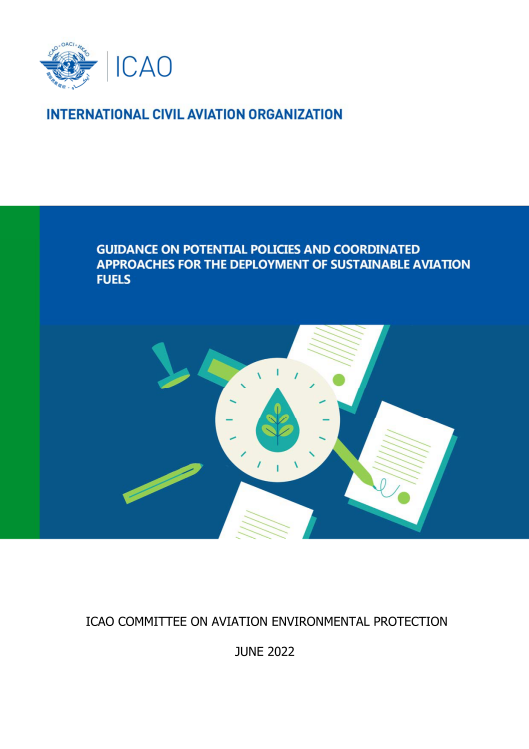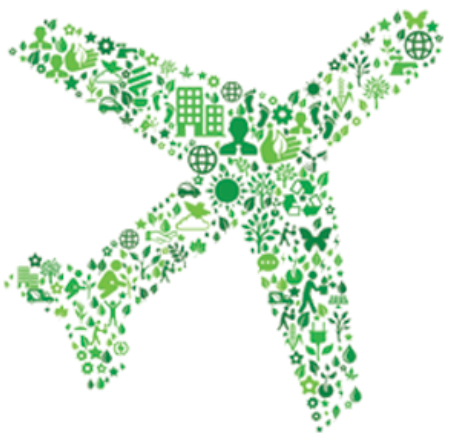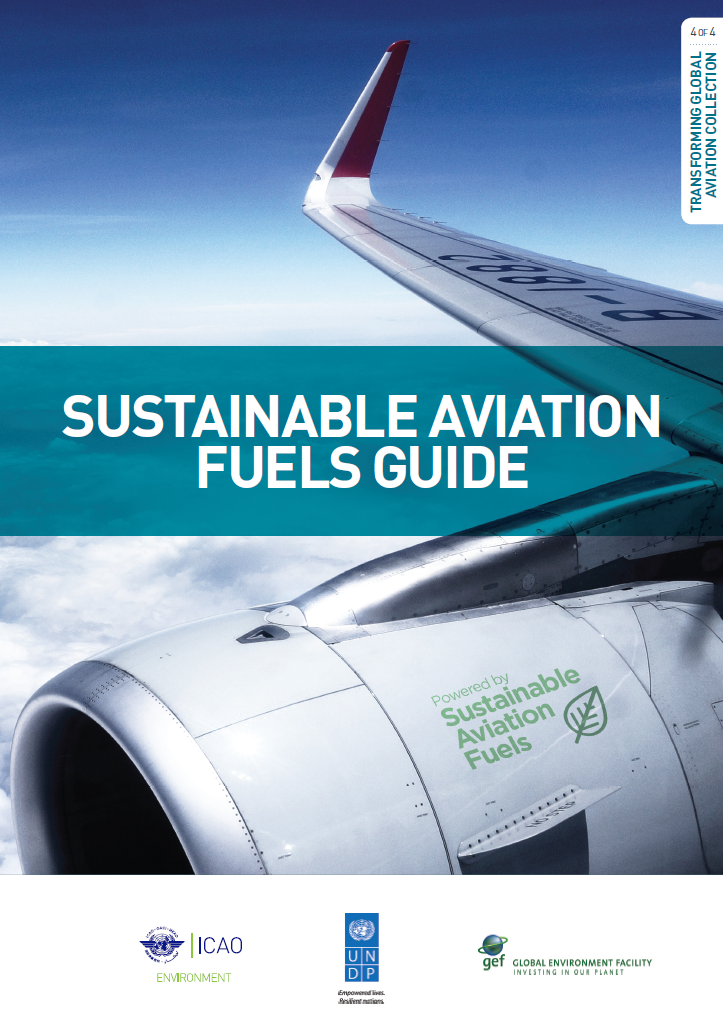Sustainable aviation fuels (SAF) are defined as renewable or waste-derived aviation fuels that meets sustainability criteria1. Technical analysis done at ICAO shows that SAF has the greatest potential to reduce CO2 emissions from International Aviation.
ICAO is working to facilitate SAF development and deployment through four main streams:
1) Globally-accepted environmental Standards for SAF
2) SAF policies and goals

Key elements of the Framework include a collective Vision for the clean energy transition, harmonized regulatory foundations, supporting implementation initiatives, and improved access to financing for related initiatives so that “No Country is Left Behind.”
Long-term global aspirational goal (LTAG)
The 41st ICAO Assembly adopted a long-term global aspirational goal (LTAG) for international aviation of net-zero carbon emissions by 2050 in support of the UNFCCC Paris Agreement's temperature goal. This historic agreement reinforces the leadership of ICAO on issues relating to international aviation and climate change. The adopted Resolution A41-21 is available here.
The LTAG report shows that SAF has the greatest potential to reduce CO2 emissions from International Aviation.
| 
|

| This guidance summarizes potential policies and coordinated approaches for the deployment of SAF, completing a toolbox of guidance material for use by ICAO Member States together with the ICAO SAF Rules of Thumb. |
SAF Trends and Short-term Projections - The possible contribution of SAF to the ICAO environmental goals is also being assessed by CAEP as part of the ICAO Global Environmental Trends and SAF short-term projections.
3) Capacity Building and Assistance to ICAO Member States
ACT-SAF - ICAO Assistance, Capacity-building and Training for Sustainable Aviation Fuels
The I CAO ACT-SAF Programme is supporting States to develop their full potential in SAF, through specific training activities, development of feasibility studies, and other implementation support initiatives.
The ICAO ACT-SAF Series of events is providing comprehensive training to ACT-SAF Partners on an array of important SAF-related topics, ranging from sustainability, to policy, economics/financing certification and logistics. All the presentations are available for download; the trainings can be visualized on ICAO.TV and YouTube. | 
|
4) Outreach of information and best practices
 | ICAO is periodically reviewing the progress on SAF development and deployment through a Stocktaking Process, including the organization of regular seminars. Information gathered on the Stocktaking is included in the "SAF tracking tools" being maintained as part of the ICAO Global Framework for Aviation and Alternative Fuels (GFAAF) .
|
 | As part of the ICAO-UNDP-GEF assistance project "Transforming the Global Aviation Sector: Emissions Reductions from International Aviation", a "Sustainable Aviation Fuels Guide" was developed to inform ICAO Member States on how sustainable aviation fuels can be deployed to reduce CO2 emissions from international aviation activities. The guide describes fuel production pathways, usage constraints, environmental and other benefits, and policy perspectives on the use and development of SAF.
|

| ICAO GFAAF
The ICAO Global Framework for Aviation and Alternative Fuels (GFAAF) is the online database for sharing information related to sustainable aviation fuels. It contains links to hundreds news articles dating back to 2005, details of past and ongoing initiatives, facts and figures, answers to frequently asked questions, and links to additional resources. It also includes a live feed of flights using sustainable aviation fuels.
|
